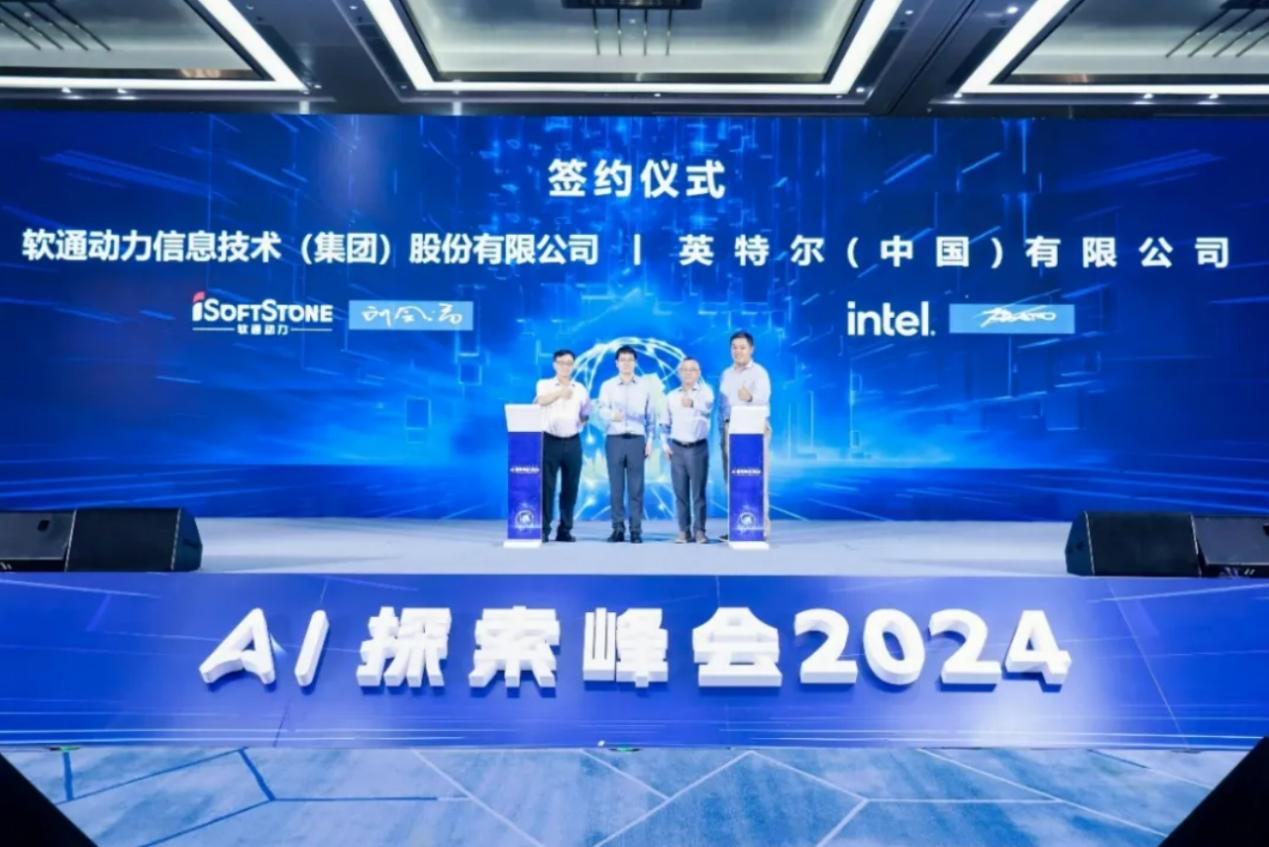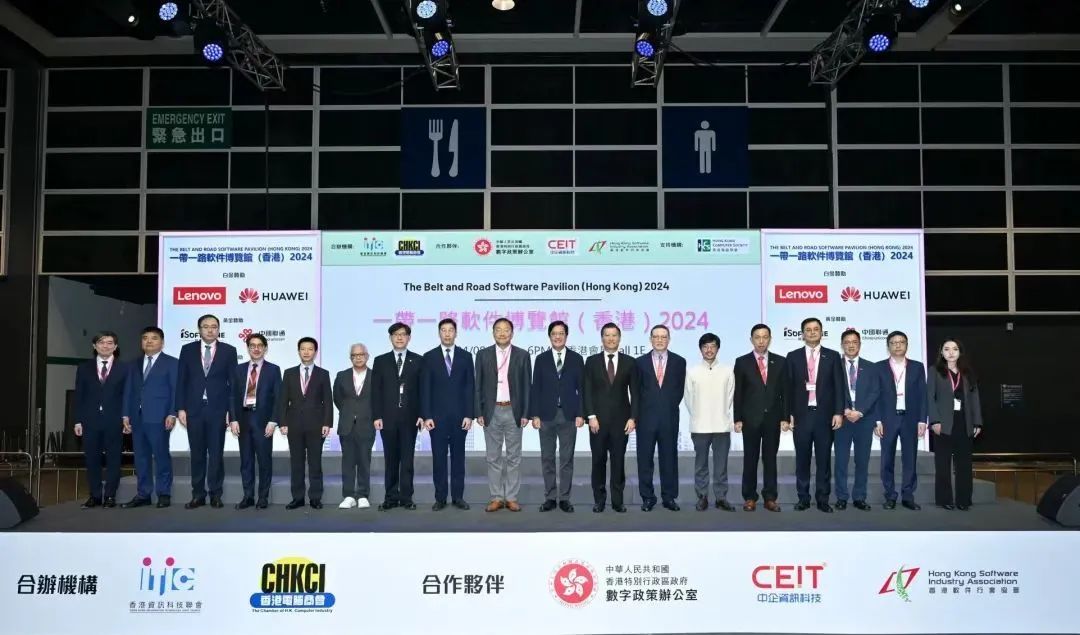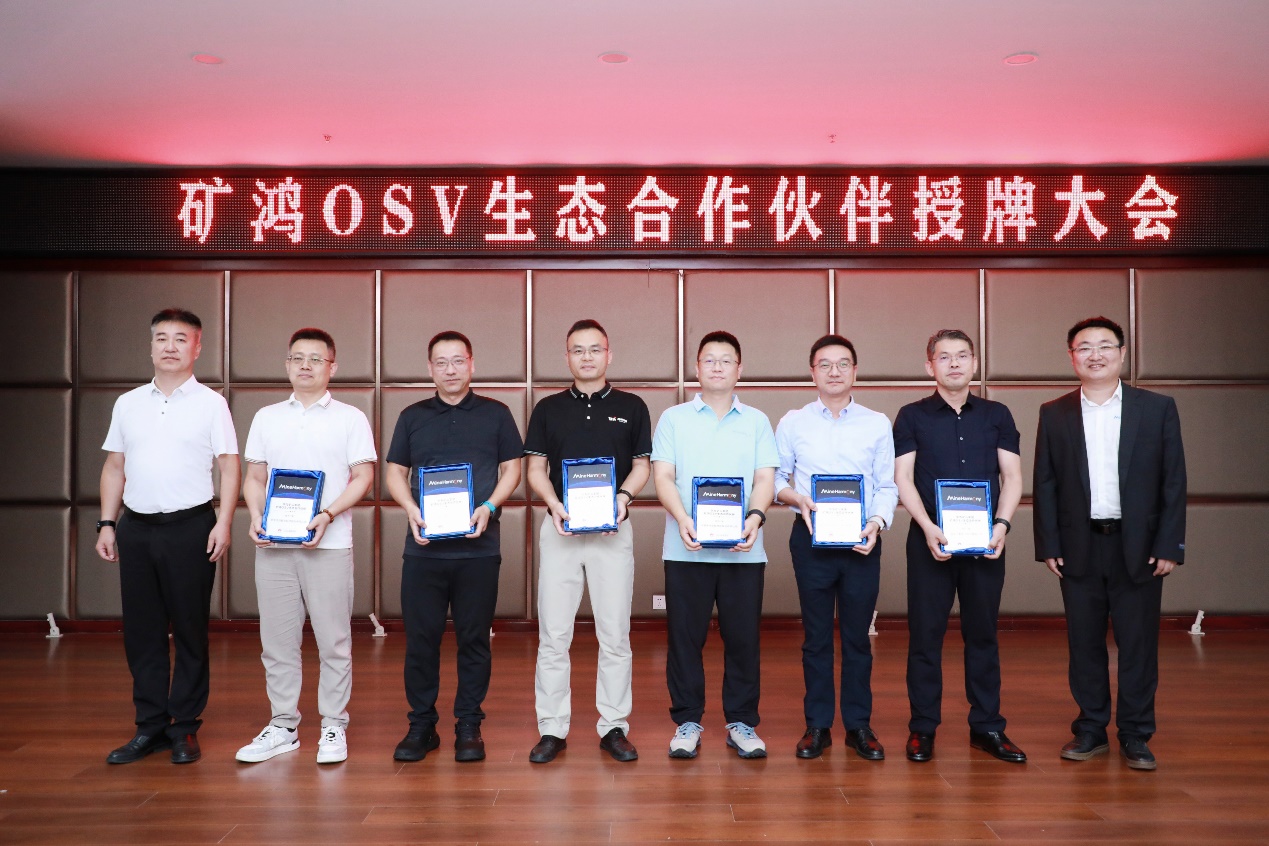
iSoftStone and Amazon Web Services Jointly Released the Latest Data Governance White Paper for Manufacturing Industry
iSoftStone, together with Amazon Web Services, recently released the Data Governance White Paper for the Manufacturing Industry (Edition 2022) (hereinafter referred to as “White Paper”). Based on the real-world practices, experiences and insights of both parties in assisting front-line manufacturing enterprises with their digital transformation, this book reveals the importance of data governance in the manufacturing industry from diverse perspectives including backgrounds and trends, current situations and challenges, ways of implementation, and typical cases.

China is a large manufacturing country with the most comprehensive industrial categories. China ranks first in terms of output for more than 40% of 500 major industrial products and is among the world’s leaders in several important industries, including photovoltaics, new energy vehicles, home appliances, smart phoness, and consumer UAVs. However, China’s manufacturing sector still struggles with the dilemma of being “large but not strong”. While the indicators of labor productivity, product quality, and profitability of the manufacturing industry are all at a low level, the application of automation and intelligence in the manufacturing industry is still in the early stages. In the post-epidemic era with a global macroeconomic downturn, an increasing number of Chinese manufacturing enterprises recognize that the long-term development strategy of being in the middle and lower reaches of the industrial chain is unsustainable and that transformation and upgrading of the industry/enterprise are inevitable.
The Opinions on Building a More Complete System and Mechanism for the Market-oriented Allocations of Factors promulgated in April 2020 included data as a new type of production factor. It highlighted the need to expedite the development of the data factor market, promote the openness and sharing of government data, increase the value of social data resources, and strengthen the integration and security protection of data resources. According to the White Paper, data as a factor of production should be governed with a variety of means to ensure its availability, usability, and ease of use, and to achieve greater data benefits at lower data costs, thereby assisting the transformation and upgrading of the manufacturing industry.
Based on a summary of the typical data governance issues encountered by manufacturing enterprises, the White Paper provides options for their digital development and intelligent upgrading: manufacturing enterprises should create a flawless enterprise data construction framework that is based on unified rules and platforms, with business digitization as the prerequisite, data lake as the foundation, to support digital operations of enterprises by means of data theme connectivity and provision of services. Concerning the realization methods, one is to build an enterprise-level data governance platform to achieve the full life cycle management of data across multiple dimensions, including data sources, data integration, data development, data quality, data maps, data services, and operations and maintenance monitoring. An example can be the data governance platform based on iSoftStone’s DataGo and Amazon Web Services’ cloud native architecture. It can provide enterprises with tools for managing data over its full life cycle, facilitate data development and governance, lower data development and management costs, improve data development efficiency, standardize data management methods, and improve data quality. The other is to foster specialized governance in key manufacturing scenarioses, such as targeted digital transformation in various aspects of manufacturing, including production, manufacturing and logistics. So then, by building a control tower platform for manufacturing supply chains on a unified digital foundation, businesses will be able to link upstream and downstream resources efficiently and develop new industrial cooperation models. Currently, the supply chain control tower platform developed by iSoftStone’s DataGo platform in partnership with Amazon Web Services can offer a system internal cycle optimization that has the capabilities of visualization, analysis, collaboration, and decision-making by creating independent “lens” slices in the overall business process management.
The manufacturing industry is the backbone of the national economy, the pillar of national prosperity, and the cornerstone of national strength. Data assets, as a new strategic resource for enterprises, will constitute a significant element of their core competitiveness, as acknowledged by an increasing number of businesses. The manufacturing industry is the key to China’s industrial upgrading, and manufacturing enterprises will benefit greatly from digital transformation and data governance. The creation of a data governance framework for manufacturing enterprises, the construction of a data governance platform, and the management of enterprise data assets are central to all of this. We are excited to push for this day to come sooner.
News












